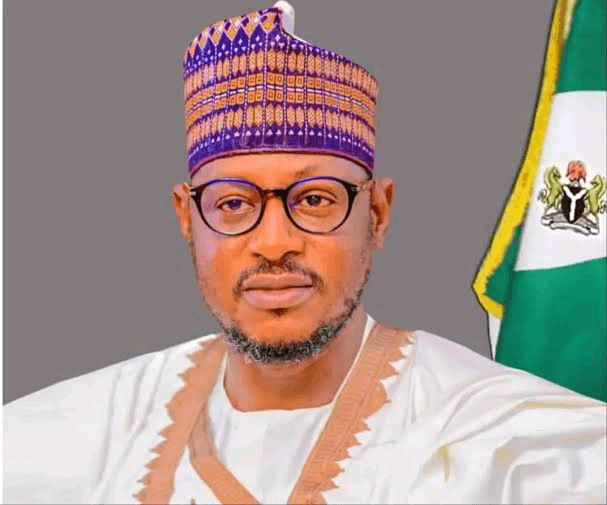From Muawuya Bala Idris, Katsina
Katsina State Governor, Malam Dikko Umaru Radda, has reiterated his administration’s commitment to partnering with the media as critical stakeholders in peacebuilding, democracy, and development.
Radda made the pledge at a public lecture organised by the Katsina State Council of the Nigeria Union of Journalists (NUJ) to mark the 38th anniversary of the state’s creation.
Represented by the Commissioner for Information, Dr. Bala Salisu Zango, the governor urged journalists to remain guided by the principles of accuracy, fairness, and responsibility in their reportage. He cautioned against fake news, hate speech, and incitement, warning that irresponsible reporting could destabilise society.
The governor recalled the recent public engagement on security and governance, where citizens freely shared opinions on strengthening ongoing efforts. According to him, such contributions are vital in shaping responsive policies and building trust between government and the people.
He also announced that the state government had approved a full digital upgrade of Katsina State Television to meet global broadcasting standards. Radda further highlighted his administration’s open communication policy, citing the 2026 budget preparation process, where communities directly contributed, as an example of participatory governance.
While congratulating the NUJ on successfully hosting the annual lecture, Radda stressed that developmental journalism must highlight solutions and growth-driven initiatives, not just crises.
In his remarks, Ahmad Abdulkadir Bakori, former Director at the Nigerian Broadcasting Commission (NBC) and Chairman of the Governing Council of Katsina State Radio, urged journalists to move beyond routine event coverage and embrace developmental journalism.
He observed that too many reports merely recycled government press releases without depth or balance, stressing the need for analysis and investigative content.
“Developmental journalism requires examining issues like health, education, and security with depth, balance, and factual accuracy, so citizens are better informed to make sound judgments,” he said.
Bakori cautioned against sensational and one-sided reports, calling instead for training programmes to strengthen investigative skills and the use of modern technology to enhance transparency and accountability.
Also speaking, NUJ National President, Comrade Alhassan Yahya Abdullahi, called on journalists to adopt solution-driven reporting on challenges in northern Nigeria, such as education, health, and poverty. He also emphasised improved welfare packages, mentorship, and insurance cover for reporters, especially those working in conflict-prone areas.
Delivering the keynote lecture, Dr. Muhammad Bashir Usman (Ruwan Godiya) of HUK Polytechnic, Katsina, presented a paper titled “Democracy and Development Journalism in Katsina State: From Narratives to Strategic Communication.”
Dr. Usman identified key challenges facing journalism, including commercialization of news, weak investigative practices, and political bias, while urging professionalism and patriotism in media practice.
Other speakers from academia and the media also delivered papers on modern trends in journalism.


